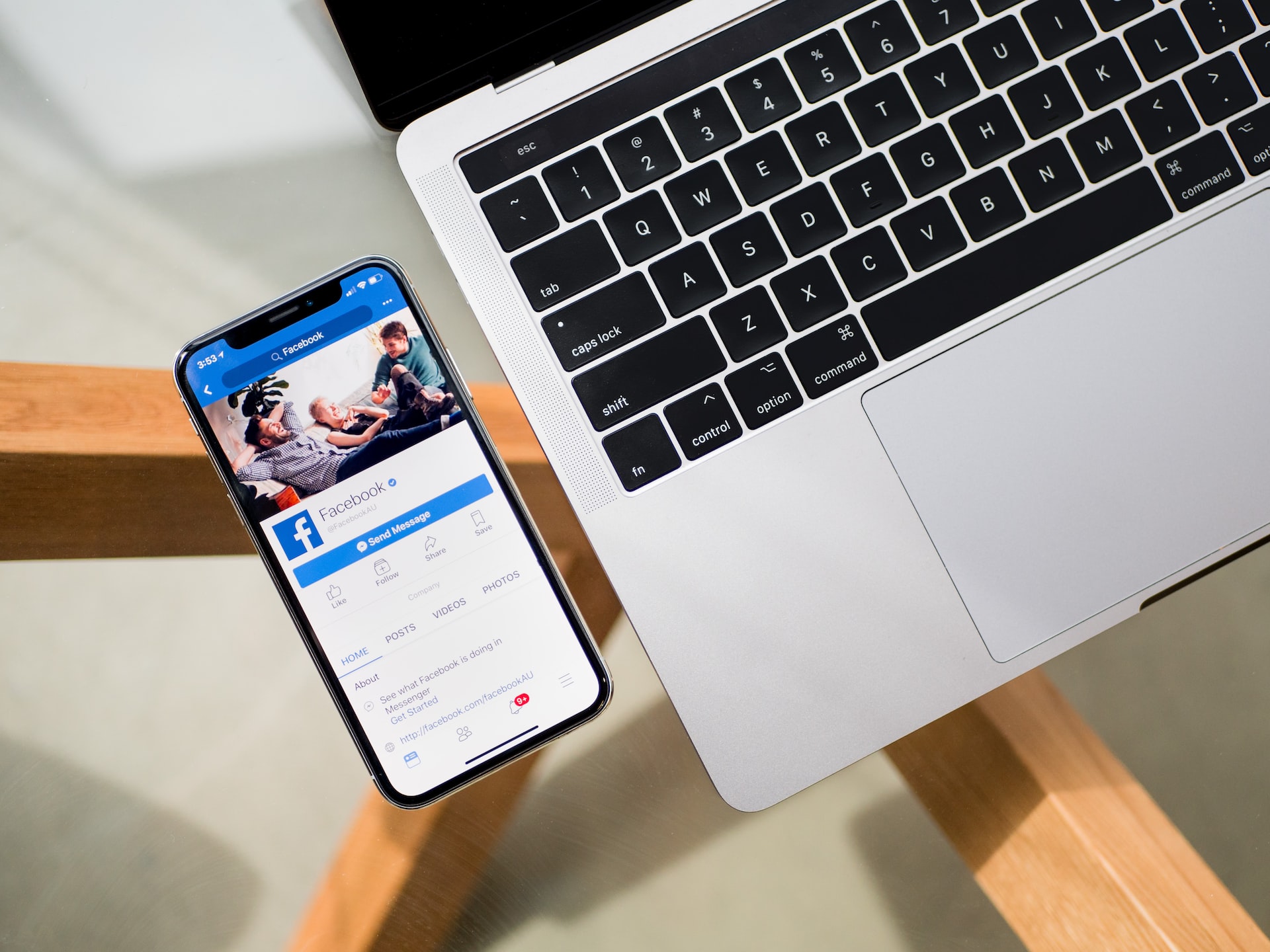Have you ever wanted to build an app for your business, blog, product or service, but the heavy investment of both time and money put you off. Nowadays mobile applications have become widespread. Smartphones and tablets have become the most frequent purchase as compared with personal computers and laptops. Investing in the professional app development of mobile software gives you a reliable marketing tool due to the widespread usage of mobile devices. Mobile App development is useful to attract more users of a specific product due to the widespread use of mobile devices. There are many mobile platforms available to help you build an app on a budget — quickly, and with no coding knowledge required.
There are different app development companies and they provide professional-level services for mobile software development – from mobile business applications to entertainment applications and lots more. Investing in the professional app development of mobile software gives you a reliable marketing tool due to the widespread usage of mobile devices.
For a mobile app to build a business owner have to think and act like a visitor or user who will be using the app. In the case of developing a mobile app for websites, you have to know whether the percentage of users visiting with mobile devices are more than those using other devices. This will surely help in deciding whether creating a mobile app will boost your business.
How to Prioritize Usability in Design of the App
User-centric thinking will guide as the app development of the app begins and will teach how true innovation happens when usability informs technology. This—along with a deep dive into the principles of mobile app design will help in taking the right steps to design and promote the mobile apps in a way that was relevant to the target audience.
1. Think like the user, then design the UX.
Initially, you will have an incredible amount of ideas for your mobile app features. But it is advisable you let the users’ needs guide you along. Probably you will have different users with different things to be done with the app. Some will just want to browse the app to look at the features some will want to learn from new information published on the app and some will want to check existing articles or information. Your app must be designed to fulfil all these three types of people. Adding features like search and grouping the articles/information into categories as well as other features will help.
2. Remember that users are people, not demographics.
Business-centric demographics like company size or industry should be used to determine who users would be. This will help to focus on the startup community at first and understand and know exactly what they need to learn (meaning they would be in the easy-to-reach active user group).
3. When promoting an app, consider all the situations in which it could be useful.
Promoting the mobile app is also something essential to take care of. The app should be promoted to people who need it. For example, a mobile app created for disseminating blogging information should be advertised on tech forums, blogging forums and other blogging related websites. You can also buy search ads for it and before you notice it your app is becoming popular and your business will start growing.
4. Keep working on the utility of the app even after launch.
Once you have launched the mobile app, you have to think about how to increase its growth. The use of content marketing and paid media to get more downloads are recommended. You should make sure the app becomes increasingly useful and relevant to the desired audience.
As you continue to develop other products/services that will help the target audience, often ask yourself whether every new update or idea should be mobile-first. The answer should always be: Maybe. As long as it’s useful to the targeted audience.




